Freight Farmer Q&A: UMass Dartmouth
8 Questions with Chef Kevin Gibbons and Chef David Rutkowski of UMASS Dartmouth
One of the best parts of being part of the Freight Farms team is talking to our freight farmers and hearing about their successes, their businesses, their customers, and their challenges. They are a wealth of information, so now we are sharing some of their stories with you!
The University of Massachusetts at Dartmouth is growing a variety of lettuces that are fed directly to students in the dining halls, traveling just feet away from where they were grown on-site in the Leafy Green Machine. On top of the fresh produce served up by Executive Chef Kevin Gibbons and Chef of Board Operations, David Rutkowski, the students have the opportunity to learn about the latest methods of sustainable food production, and the importance of knowing where their food is coming from. If you'd like to learn more about growing on campus, check out our education page.
Freight Farms (FF): What, if any was your experience with farming before becoming a Freight Farmer?
Kevin Gibbons (KG): The only experience I had was growing vegetables at my home in the summer months, late August and September tomatoes were always among my favorites.
FF: What kinds of crops do you grow?
KG: Here at the University of Massachusetts, Dartmouth we have grown a large variety of leafy greens including kale, arugula, rainbow Swiss chard, basil, flowers and, of course, lettuce. We have grown around six to seven varieties of lettuce and consider it our go-to crop. We continue to grow lettuce and can produce around 5,000 heads per semester.
“We can harvest lettuce at 10:00am and serve it to the students for lunch later that day. ”
FF: What’s the best piece of advice you can give to people interested in becoming Freight Farmers?
David Rutkowski (DR): Keep working at the farm, it is an evolution. If something is not working the way you want, you should not be afraid to experiment with it. Personally, not understanding the electronic systems and learning to troubleshoot through it was a challenge for me at first, but working through it helped me to understand our growing cycles and master the technology.
FF: What’s your favorite crop and why?
KG: Our favorite crop is lettuce. We have grown several different types and can pick them at different times of growth. We can let the lettuce head grow large and bushy and use it on sandwiches, or pick it young and serve a sort of micro green salad for upscale catering events. We have grown three different types of lettuce in the trays and clipped them after a few weeks before we transplant them into the towers.
FF: What’s the most pressing issue in food and agriculture that you’d like to see solved?
DR: From my point of view I think the biggest issue is producing enough food to feed the generations to come. Especially with increasing resource scarcity with mounting shortages for irrigation becoming more at the forefront of this issue.
FF: What is one small change everyone can make in their daily lives to make a big difference in our food system?
DR: Cut down on water consumption by using a waste not want not mentality.
FF: Share your favorite customer story with us!
KG: Our customers are the students here at UMass, Dartmouth. We can harvest lettuce at 10:00am and serve it to the students for lunch. I have had students work with me in the farm and all of them are amazed. I believe that changing and making people aware of today’s agriculture; we must start with the younger generation and they do show an interest. When I am working in the farm, students stop by all the time and ask how things are growing. I tell them I have changed from a chef to a farmer or maybe both.
You can follow UMass Dartmouth's progress in the farm and the tasty dishes they produce by following them on Instagram.
Learn more about the Greenery™
First things first! Start your Freight Farming project by downloading our product booklet for an in-depth look at all Greenery components, including a comprehensive specifications page.




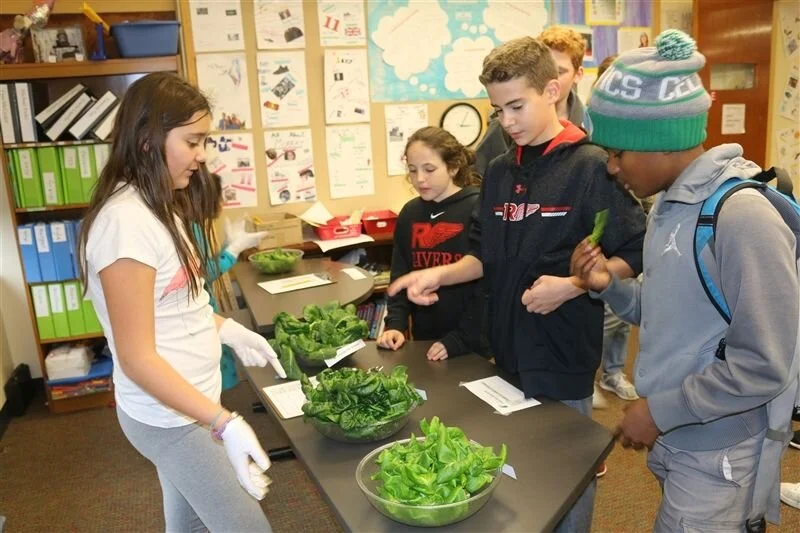

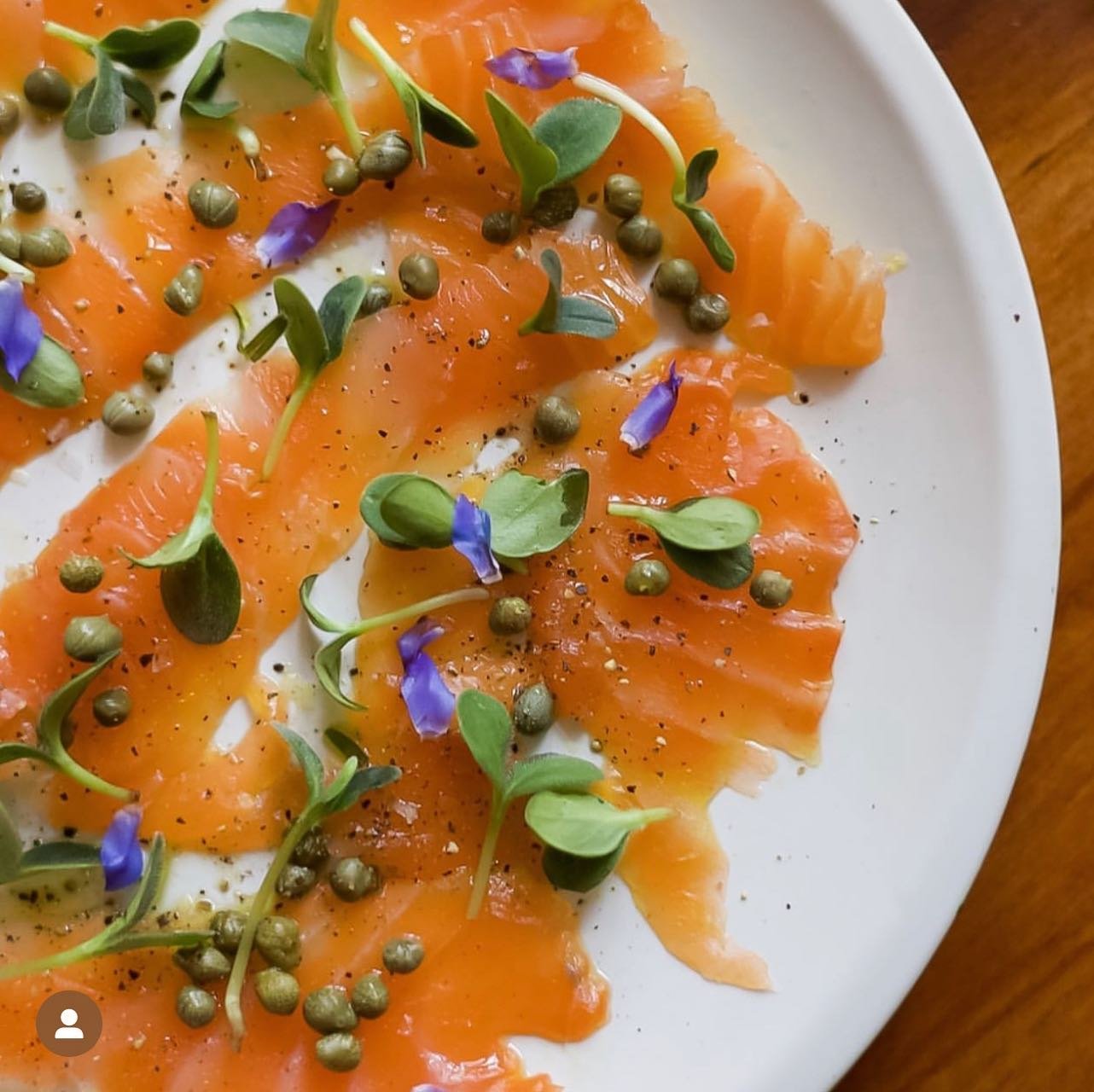
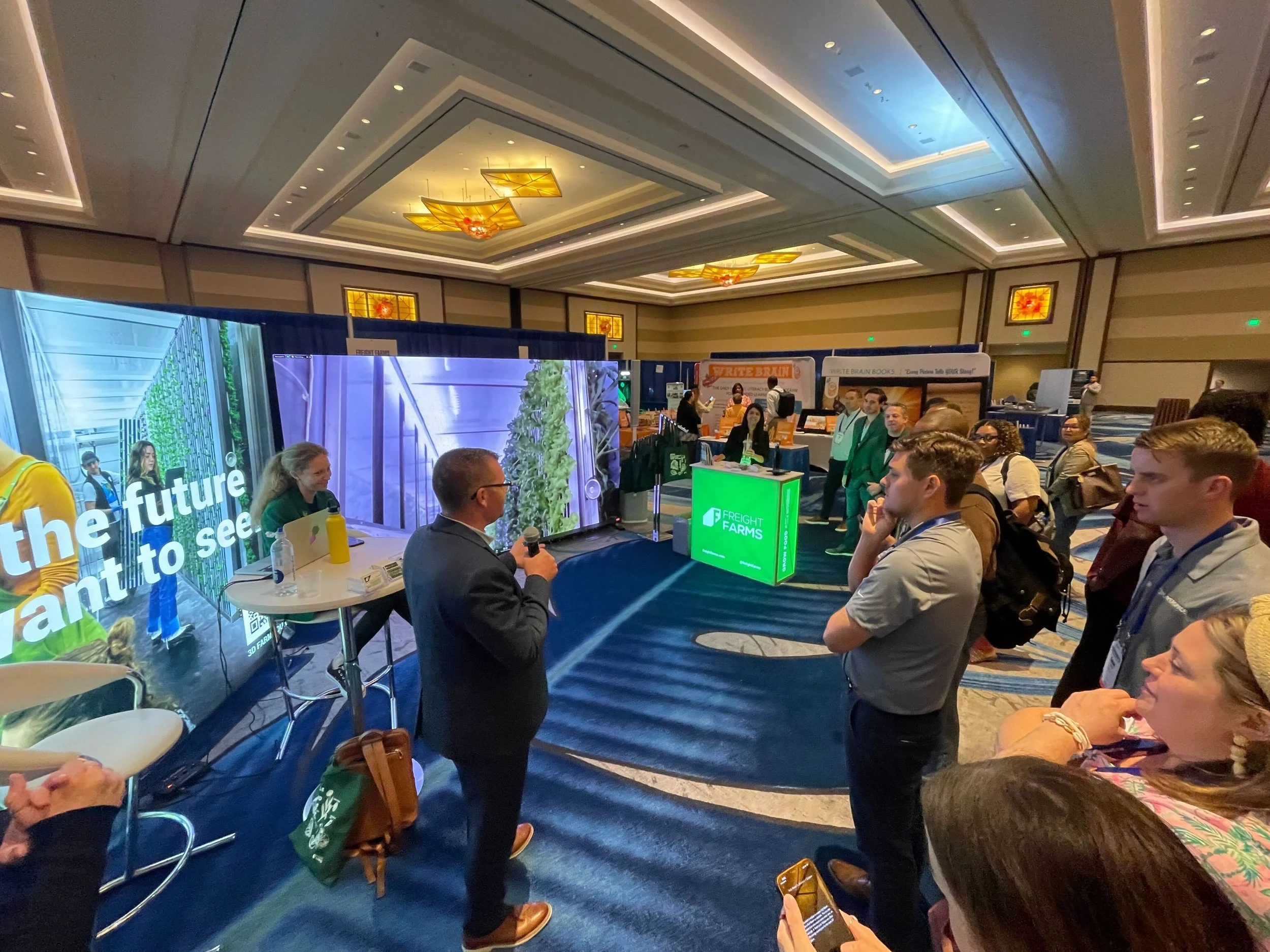

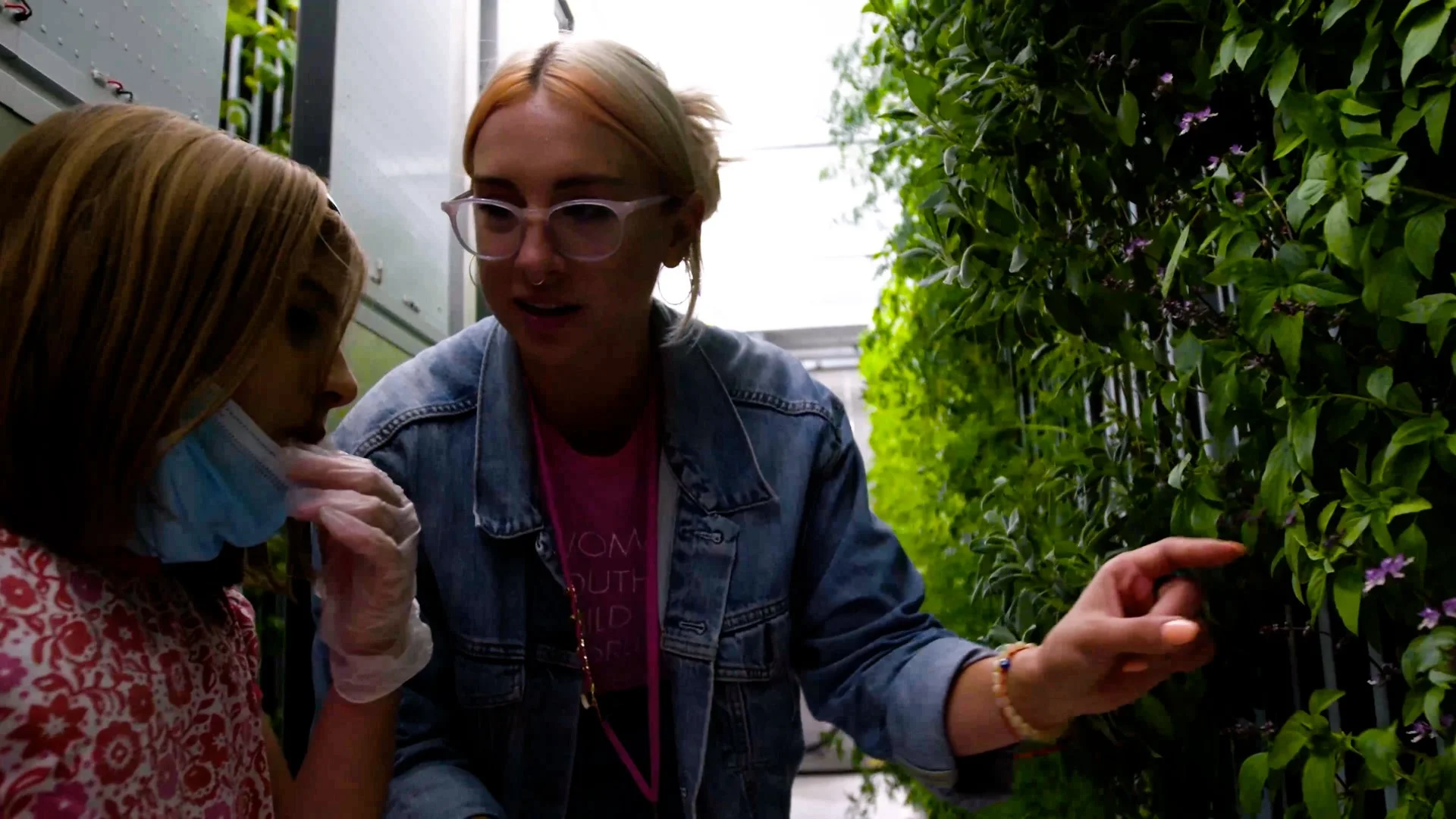
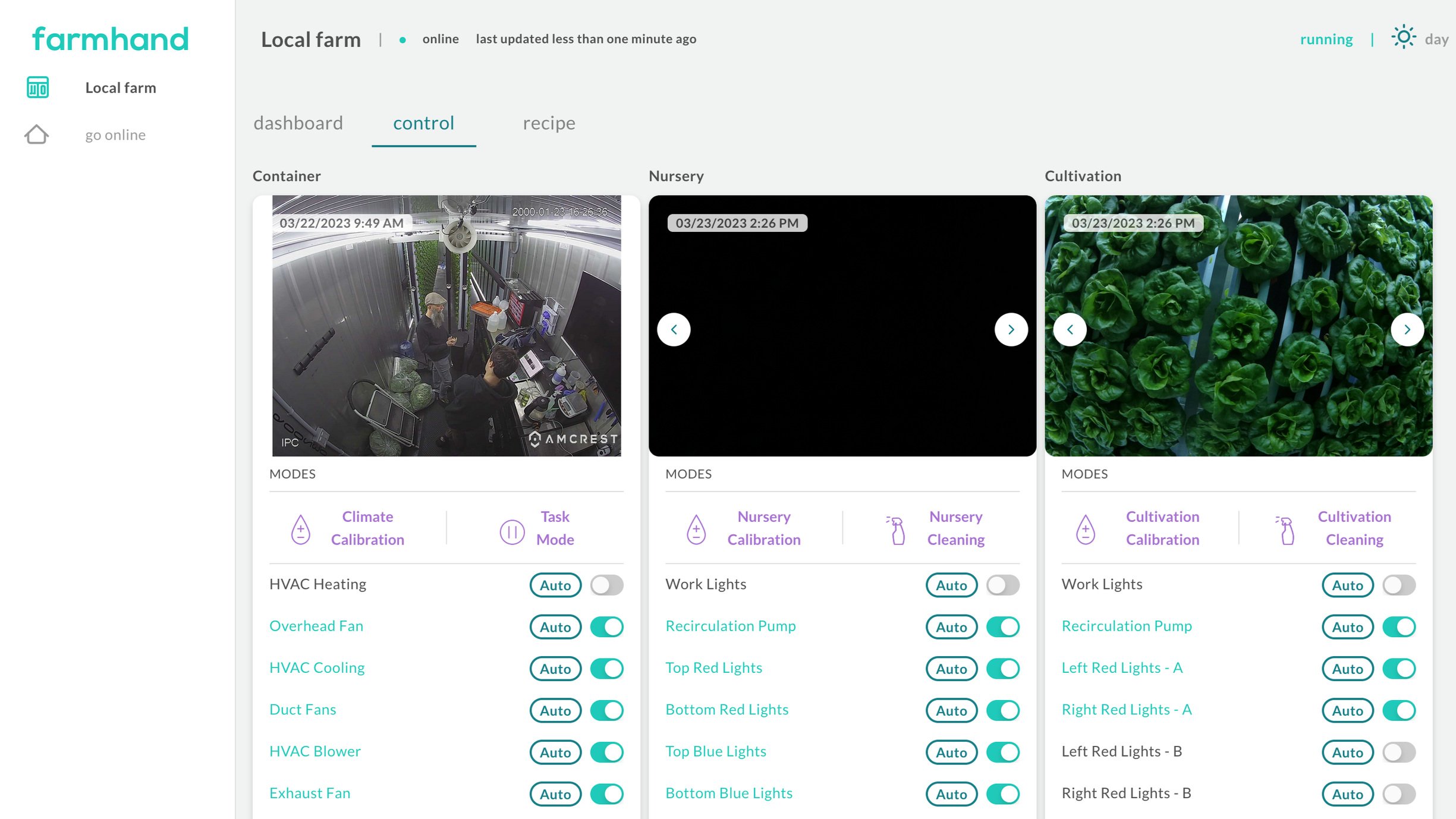


If you’re interested in bringing a Greenery™ to your community, you must familiarize yourself with local zoning regulations. In this article, we cover the zoning basics and our 7 tips for successfully navigating zoning laws to implement your container farm.